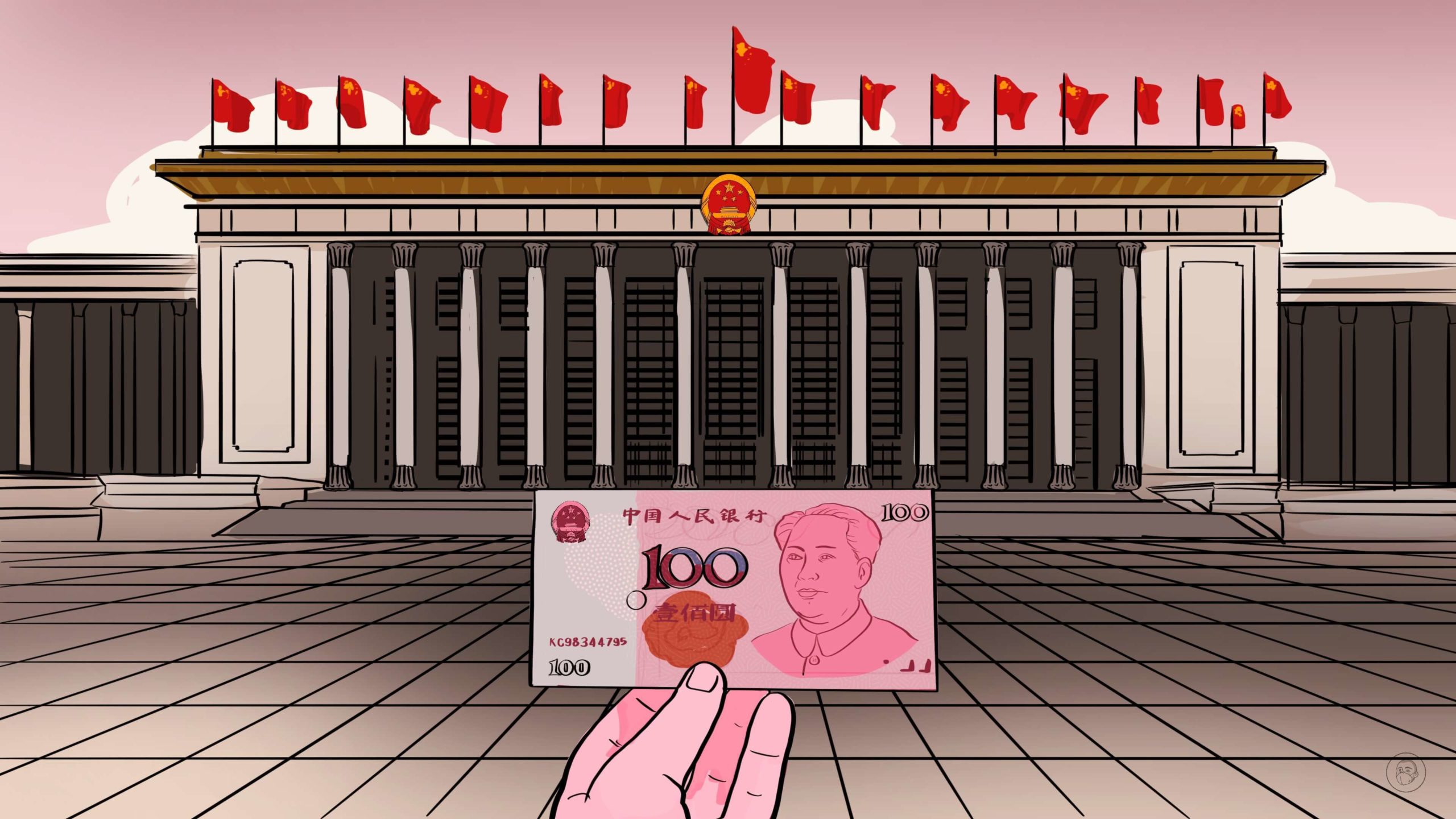An overview of the Chinese economy at the 20th Party Congress
The 20th National Congress of the Chinese Communist Party begins in Beijing on Sunday. If Xi Jinping is handed a report with some highlights on the state of China’s economy, here’s what he might read.

GDP in the first half of 2022: 56.26 trillion yuan ($7.84 trillion), a year-on-year increase of 2.5% at constant prices.
Population:
- Total population: 1,443,497,378 (2020 census).
- Total number of births in 2021: 10.62 million, a decrease of 1.38 million compared with 2020.
Energy capacity:
- Total installed power generation capacity: 2.38 billion kilowatts (kW) (2021).
- Total renewable energy generation capacity: 1.52 trillion kilowatt-hours (kWh), accounting for 31.8% of total power generation capacity (June 2022).
Industry:
- Total number of registered market entities: 160 million (June 2022).
- There are 1.653 million registered enterprises in primary industries, 10.271 million in secondary industries, and 39.108 million in tertiary industries, accounting for 3.2%, 20.1% and 76.6% of all enterprises, respectively (August 2022).
- A total of 15.512 million patents are held by 1.133 million companies (August 2022).
- China produced 366,000 industrial robots in 2021, a year-on-year increase of 67.9%, and 202,000 in the first half of 2022.
- The added value of light industry accounts for 16.9% of national industrial added value, and China leads the world in the output of more than 100 categories of light industry products (2021).
Agriculture and rural development:
- Amount of cultivated land: 1.92 billion mu (316.29 million acres), a decrease from 2.03 billion mu (334.41 million acres) in 2012 (2021).
- There are a total of 292.51 million migrant workers in China (2021).
Transport infrastructure:
- Road network: 461,000 kilometers (286,452 miles), including a highway network of 162,000 kilometers (100,662 miles) and 299,000 kilometers (185,789 miles) of general roads (July 2022).
- Rail network: 146,000 kilometers (90,720 miles), including high-speed rail network of 40,000 kilometers (24,854 miles) (May 2022).
Digital infrastructure:
- 29 “dual-gigabit” cities with wired and wireless gigabit broadband (2021).
- 1.85 million 5G base stations with 450 million 5G mobile users (2021).
- 5.2 million standard data center racks, 19 million data center servers, and storage capacity of 800 exabytes (2021).
- Scale of the cyber security industry: In excess of 200 billion yuan ($29.23 billion) (2021).
- Scale of China’s digital economy: 45.5 trillion yuan ($6.79 trillion) (2021), accounting for 39.8% of total GDP (2021).
Photovoltaic industry:
- Output of 506,000 tons of polysilicon, a key raw material of solar panels, accounting for more than three-quarters of global production (2021).
- Output of silicon wafers, which capture the sun’s rays in solar panels, of about 407.2 gigawatts (GW), accounting for 98.1% of global production (2021).
- Output of solar panels: 181.8 GW, accounting for 82.3% of the global total (2021).
Electric vehicles:
- From January to August 2022, China produced and sold 3.97 million and 3.86 million EVs, respectively, compared with 1.36 million and 1.36 million units, respectively, in the whole of 2020.
- In September, the proportion of EVs to all vehicles reached 27.1%.
- Production of EVs will reach 6 million units in 2022, which will require 450 GWh of battery power.
- By 2025, there will be 20 million EVs on China’s roads.
Retail sales:
- Total retail sales of consumer goods in August were 3.62 trillion yuan ($519.04 billion), a year-on-year increase of 5.4%. From January to August 2022, total retail sales of consumer goods were 28.25 trillion yuan ($4.04 trillion), a year-on-year increase of 0.5%.
- Retail sales of home appliances in China in 2021: 760.3 billion yuan ($106.31 billion), an increase of 25.6 billion yuan ($3.57 billion) compared with 2020, still 7.4% below the level of 2019.
Financial markets:
In the first three quarters of 2022, there were 660 fundraising events on mainland stock markets, including IPOs and additional offerings, a year-on-year decrease of 227, with total financing of 1.17 trillion yuan ($164.55 billion), a year-on-year decrease of 5%.
Trade and government finances:
In the first half of 2022, China’s current account surplus was $166.4 billion, a year-on-year increase of 43%. Over the same period, China’s goods trade surplus increased by 36%, and the services trade deficit decreased by 33%.






